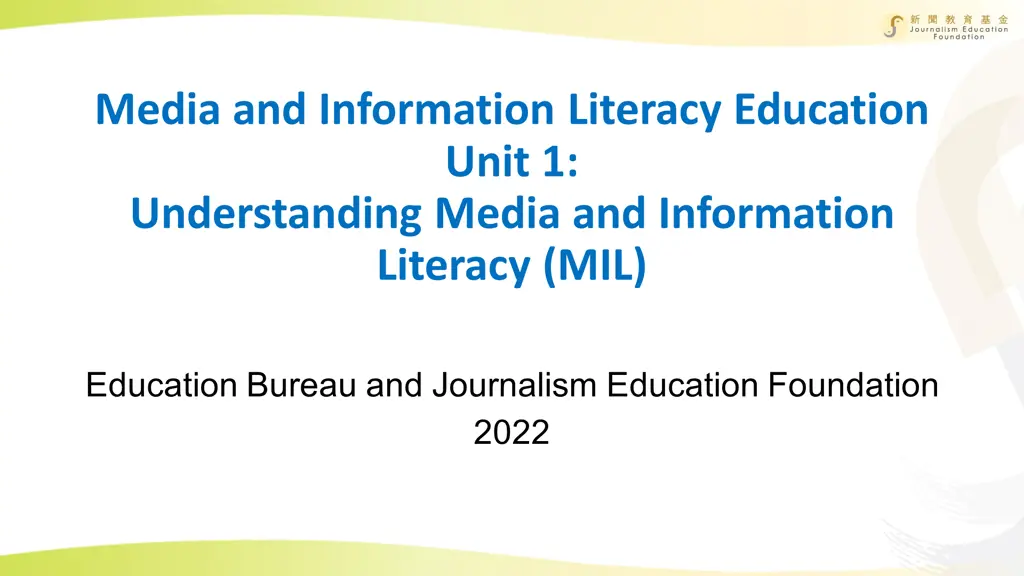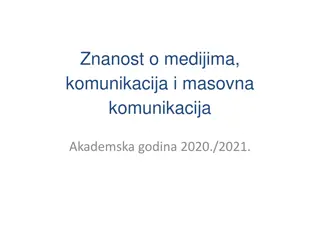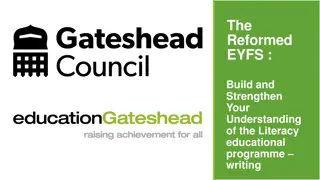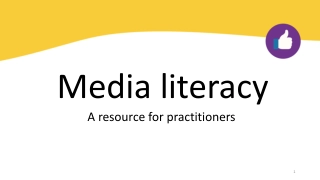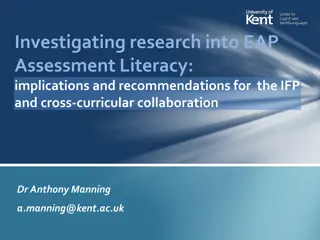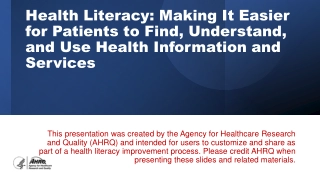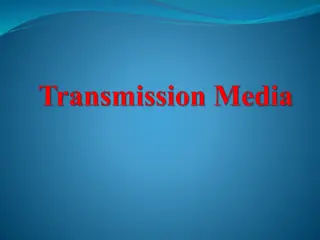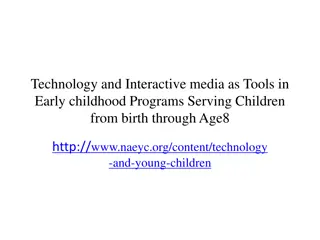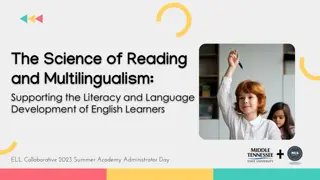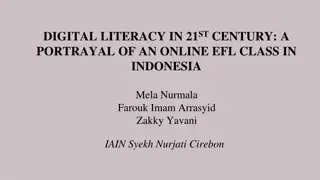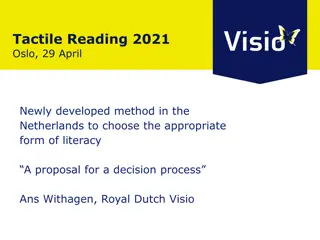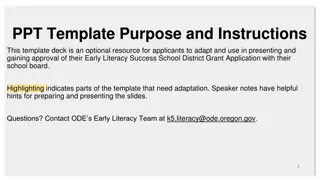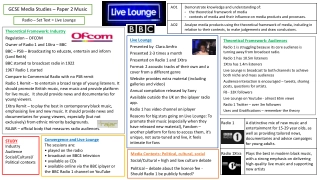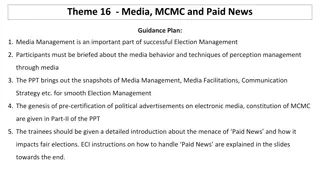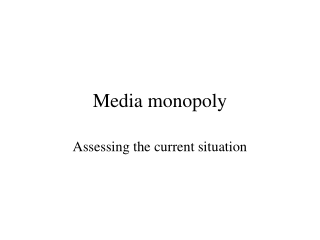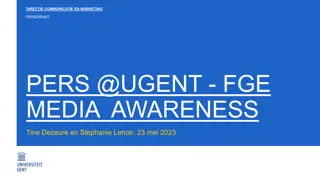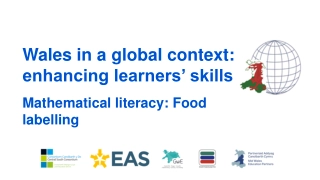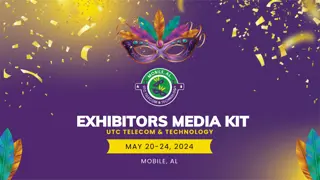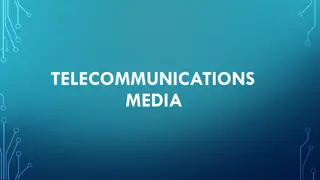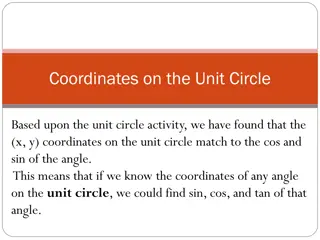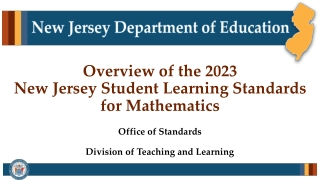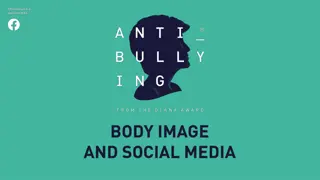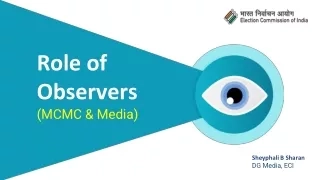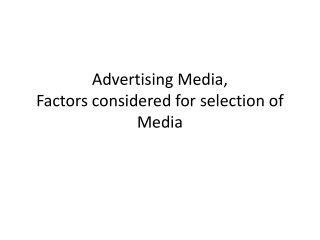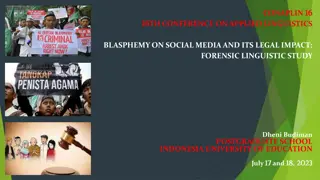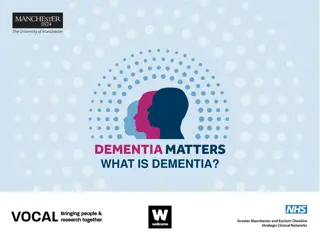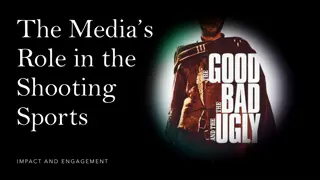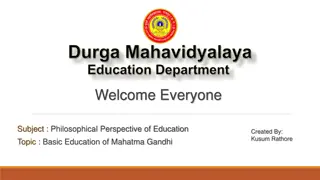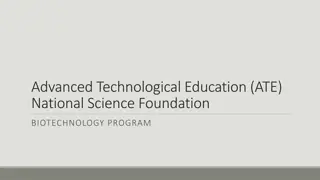Media and Information Literacy Education Unit 1: Understanding MIL
The essential skills and key components of Media and Information Literacy (MIL) in the 21st century. Learn why MIL is crucial and how it can help navigate the digital age.
Download Presentation
Please find below an Image/Link to download the presentation.
The content on the website is provided AS IS for your information and personal use only. It may not be sold, licensed, or shared on other websites without obtaining consent from the author. Download presentation by click this link. If you encounter any issues during the download, it is possible that the publisher has removed the file from their server.
Presentation Transcript
Media and Information Literacy Education Unit 1: Understanding Media and Information Literacy (MIL) Education Bureau and Journalism Education Foundation 2022
Essential Skills in the 21stCentury Discussion: Do you agree that media and information literacy is an essential skill in the 21stcentury?
What is Media and Information Literacy (MIL)? Media and Information Literacy (MIL) is a compound concept. MIL = Media Literacy + Information Literacy + Information and Communications Technology Skills
Be Media and Information Literate Be Media and Information Literate MIL is a set of competencies to search for, understand, analyse, use and create media messages and information in a critical and effective way. A person equipped with media and information literacy should be able to handle messages from different sources, such as mass media, the Internet, social media, libraries, databases, museums, etc.
Key Components of MIL Key Components of MIL Ability to Search for and Select Media and Information Information Search; Attention Management Ability to Understand, Analyse and Integrate Media and Information Understand, Evaluate and Analyse; Organise and Integrate Ability to Communicate, Use and Create Media and Information Communicate, Use and Participate; Create and Understand; Monitor and Influence
Why do we learn about MIL? Find out why we need MIL from 4 aspects: 1. New developments of digital technologies 2. Transition into a knowledge society 3. Changes in learning modes 4. A step towards a smart city
1. New Developments of Digital Technologies 1. New Developments of Digital Technologies Web 1.0: Information-centric (The Internet) Web 2.0: People-centric (Social networking sites) Web 3.0: Machine-centric (Semantic Web) Online media, websites Social media, Search engines, blogs, Wikipedia, YouTube Smartphones & Apps, Cloud computing, Big Data, Robots, Algorithm, AI Voice assistant application (e.g., Siri), Advanced AI, IoTs, Chatbots Metaverse Web 4.0: Agent-centric (Anywhere) Beyond Web 4.0
1. New Developments of 1. New Developments of Digital Technologies ( Digital Technologies (cont.) cont.) 1st Challenge: How to Cope with New Media? New communication technology changes the modern life. The need to master ICT skills, cope with the impacts of new technologies, such as cyberbullying, online fraud, etc.
1. New Developments of Digital Technologies (cont.) 1. New Developments of Digital Technologies (cont.) 2nd Challenge: How to select and evaluate information? Information overloads. There are media fabrications such as fake news, fake photos and videos. A high level of critical thinking skills to receive and comprehend media messages and information from different sources, combat fake news and verify the authenticity of information is needed.
1. New Developments of Digital Technologies (cont.) 1. New Developments of Digital Technologies (cont.) 3rd Challenge: How to constructively use the communication right? Netizens become prosumers (as both producers and consumers). They need to use new media to create constructive knowledge and make good use of their communication right.
2. Transition into a Knowledge Society 2. Transition into a Knowledge Society The younger generation will be knowledge workers. Reception and production of knowledge and information delivery are crucial. Future knowledge workers should not only have the ability to acquire information, but transform it into knowledge which empowers them to improve their livelihoods and contribute to the social and economic developments (survival skills in 21stcentury). The ability of handling information and creating knowledge is needed.
3. Change in Learning Modes 3. Change in Learning Modes Sources of knowledge: Schools Mass media and other information platforms Online learning Self-learning and lifelong learning
4. A Step towards a Smart City 4. A Step towards a Smart City A rapid increase in digital media use during the Pandemic Digital skills were enhanced greatly, the pace of Hong Kong turning into a smart city has been accelerated UNESCO: To be truly sustainable, smart cities must also be MIL Cities All citizens should learn MIL and be equipped with media and information literacy Media and Information Literacy (MIL) is necessary to cultivate savvy media users/competent knowledge workers/smart citizens in smart cities
References References (2012) Web 3.0 https://app3.rthk.hk/mediadigest/content.php?aid=1267 (2013) https://app3.rthk.hk/mediadigest/content.php?aid=1379 (2018) https://app3.rthk.hk/mediadigest/content.php?aid=2135 (2016) https://app3.rthk.hk/mediadigest/content.php?aid=2094 (2018) https://www.edb.gov.hk/attachment/en/edu-system/primary-secondary/applicable-to-primary-secondary/it-in-edu/Information- Literacy/Seminar-201812/il-seminar-201812-hkfyg-tc.pdf (2017) (2019) (2019) https://www.edb.gov.hk/tc/curriculum-development/kla/pshe/references-and-resources/life-and-society/3-min-concept.html (2011) http://mediamobserver.blogspot.com/2011/06/30052011.html Grizzle, A. et al. (2021). Media and information literate citizens: think critically, click wisely. (Media and Information Literacy Curriculum for Educators and Learners -Second Edition). UNESCO.org. Retrieved from https://unesdoc.unesco.org/ark:/48223/pf0000377068
